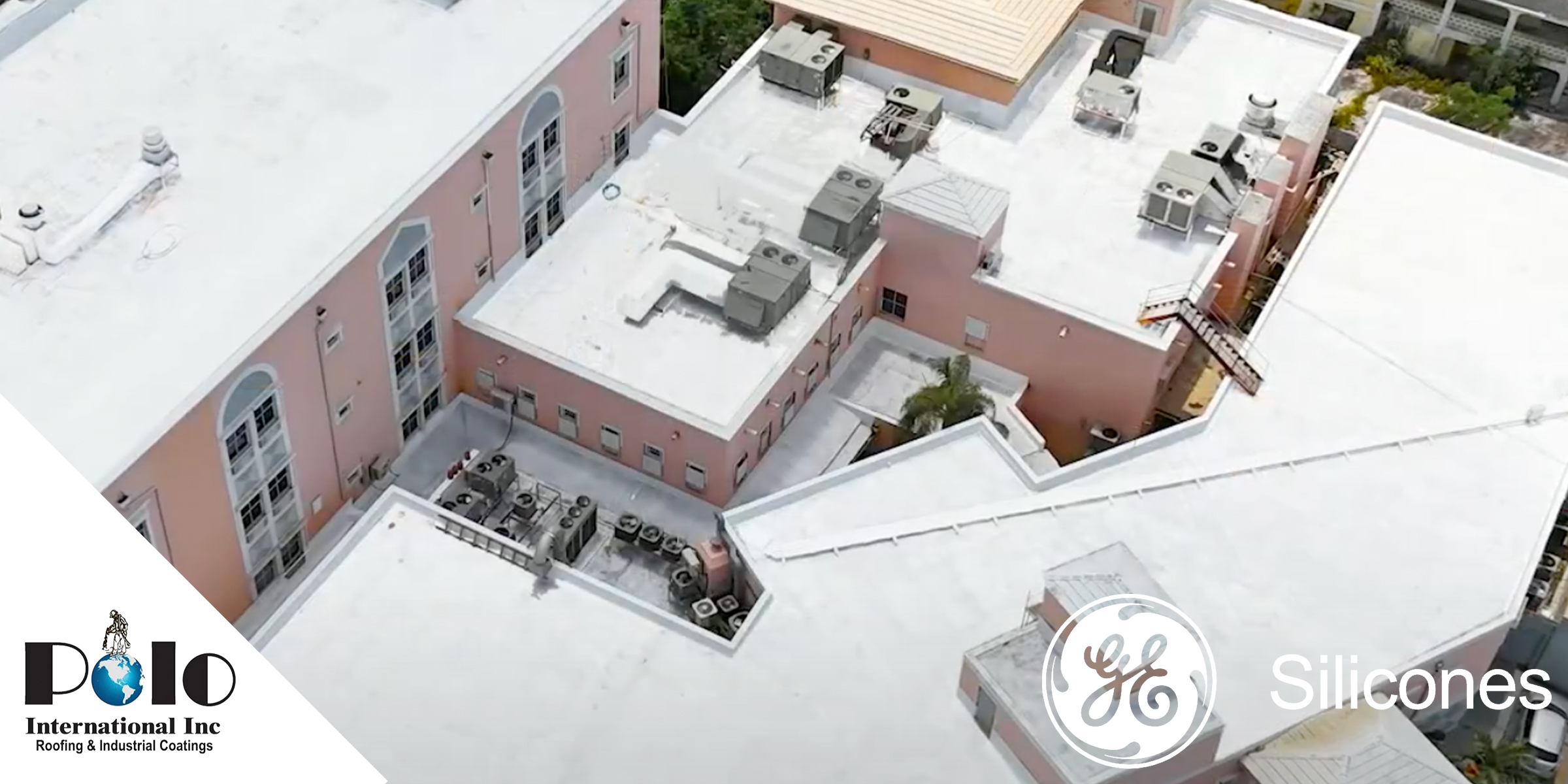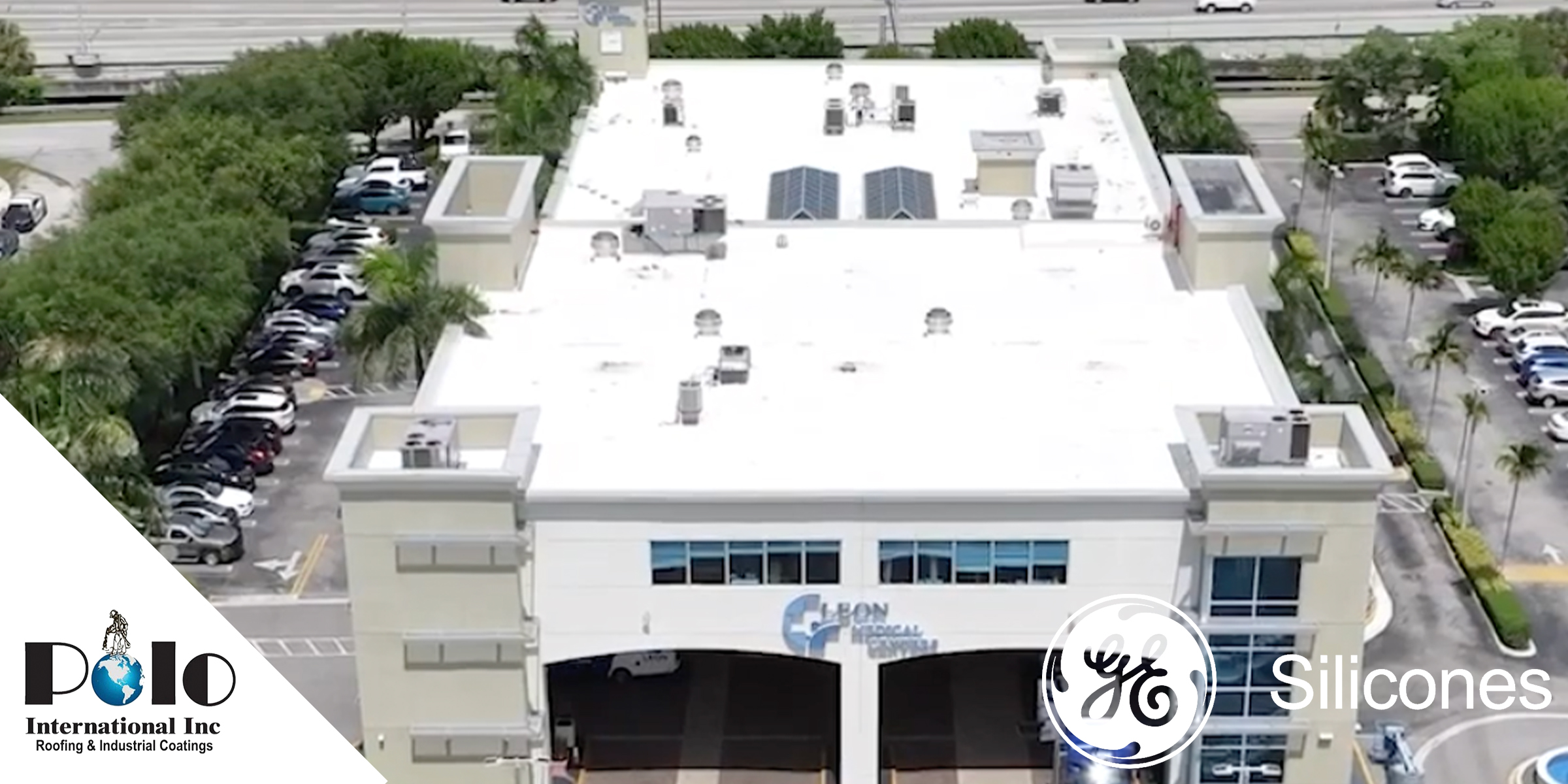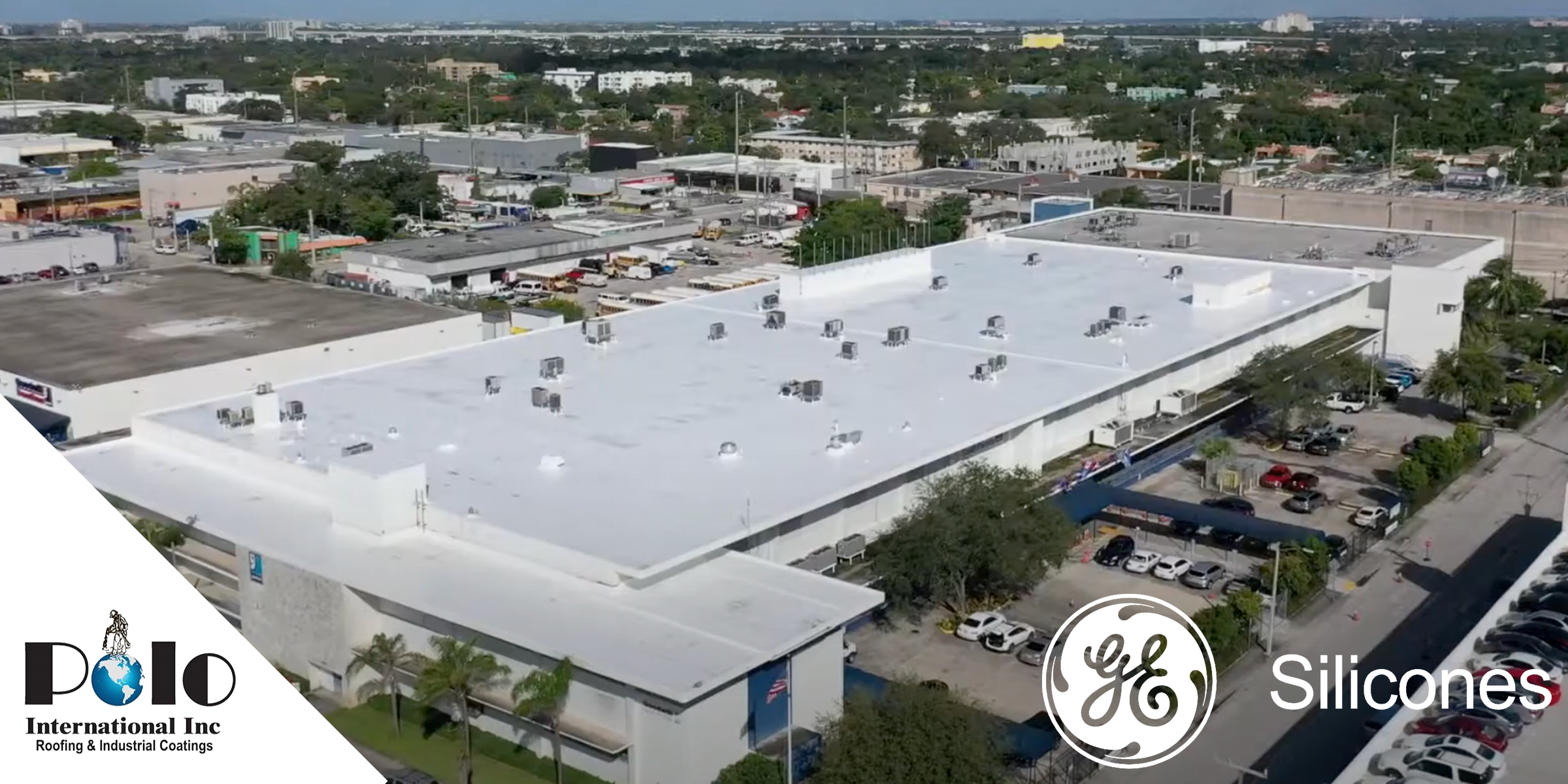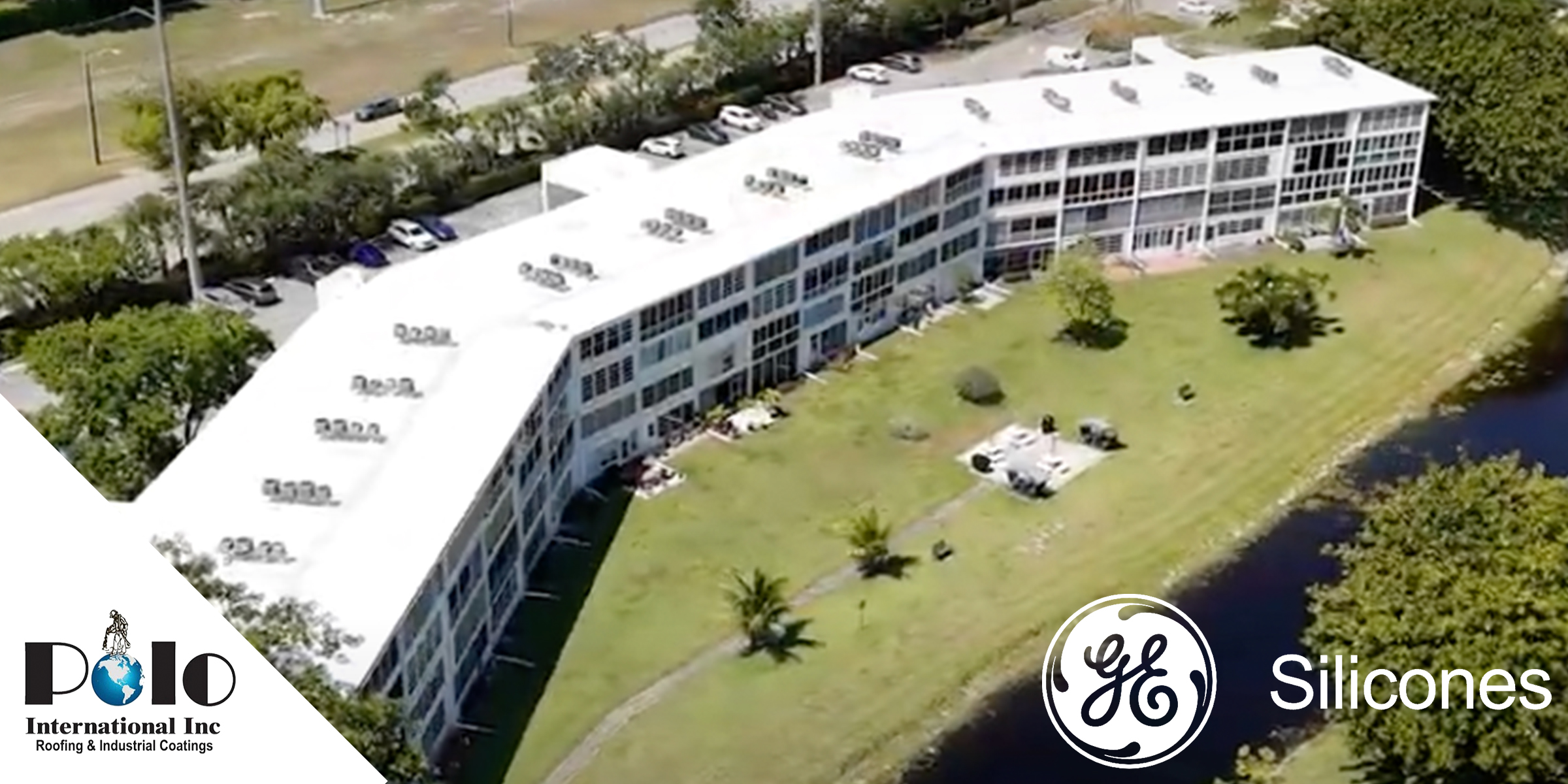
Is Your Roofing Solution Affecting Your Commercial Building’s Energy Efficiency and Longevity?
Spray Polyurethane Foam (SPF) roofing might be the answer, particularly in cold climates. It not only provides insulation but also offers protection, making it a comprehensive roofing solution. Its seamless application forms a durable insulating layer, minimizing heat loss and creating a barrier against harsh weather. Choosing SPF roofing can lead to significant savings on energy costs and reduced roof maintenance, presenting an attractive option for property managers preparing their roof maintenance checklist for commercial buildings.
In cities like Minneapolis, MN, and Anchorage, AK, known for severe winters, SPF roofing proves invaluable. It maintains a consistent internal temperature, reducing the strain on heating systems and enhancing indoor environment stability. Additionally, SPF roofing extends the lifespan of roofs by preventing leaks and minimizing wear—essential considerations for roof preparation in extreme weather conditions.
SPF’s benefits go beyond insulation, contributing to environmental sustainability by reducing energy demand and improving building resilience. The closed-cell foam structure and seamless application of SPF roofing systems provide superior thermal performance compared to traditional materials, serving as both an insulator and weatherproof barrier.
The foam’s densely packed, closed cells resist air and water infiltration. By trapping gas, it reduces heat transfer and delivers a high R-value per inch of thickness. This energy efficiency translates into significant cost savings, an important consideration for any roof maintenance checklist for commercial buildings.
SPF’s seamless layer of protection eliminates joints and seams where heat could escape, preventing thermal bridging. Its adaptability allows it to conform to varied shapes and sizes, filling cracks and crevices that could lead to heat loss. This makes SPF ideal for both retrofitting existing roofs and new constructions, ensuring uniform insulation around complex architectural features and roof penetrations.
Certain SPF formulations serve as reflective barriers, reducing heat absorption during the day while retaining warmth in cooler weather. The longevity and durability of SPF roofing systems are further enhanced by their resistance to extreme weather such as heavy snow and ice, typical in cold climates.
SPF roofing also helps prevent ice dams—common in colder regions—by maintaining a uniform roof surface temperature, reducing damages caused by heavy ice and water. Its UV resistance adds to its durability, even during winters when UV rays could degrade other materials.
SPF roofing offers a comprehensive solution to cold climate challenges. Its closed-cell structure, seamless application, adaptability, and reflective properties deliver energy efficiency and cost savings while promoting environmental sustainability. This makes SPF a preferred roofing solution for commercial properties seeking energy efficiency and longevity.
Frequently Asked Questions
What are the specific protective qualities of SPF that enhance building integrity?
SPF roofing provides a seamless barrier that resists water penetration through its dense, closed-cell structure. Its strong adherence to surfaces adds insulation and structural rigidity, protecting against thermal expansion, wind uplift, and impacts.
How does spray foam insulation impact indoor temperature control during winter?
Spray foam insulation minimizes heat loss by creating an airtight seal, maintaining indoor temperatures efficiently. Its high R-value per inch offers superior insulation, enhancing heating efficiency and reducing energy consumption.
What is the importance of spring roof inspection services?
Spring roof inspections ensure the longevity of SPF roofing systems by checking for winter-induced damage. Early detection of issues such as cracks or punctures helps prolong the roof’s lifespan and maintain its protective benefits. Professional inspections can address minor issues before they escalate into costly repairs.
SPF roofing, with its combined benefits of insulation and protection, presents a durable, adaptable, and environmentally friendly solution for cold climates. By ensuring seamless coverage, flexibility, and resilience, it stands as an ideal choice for commercial roofs looking to maintain their integrity and performance in harsh weather conditions year-round.




